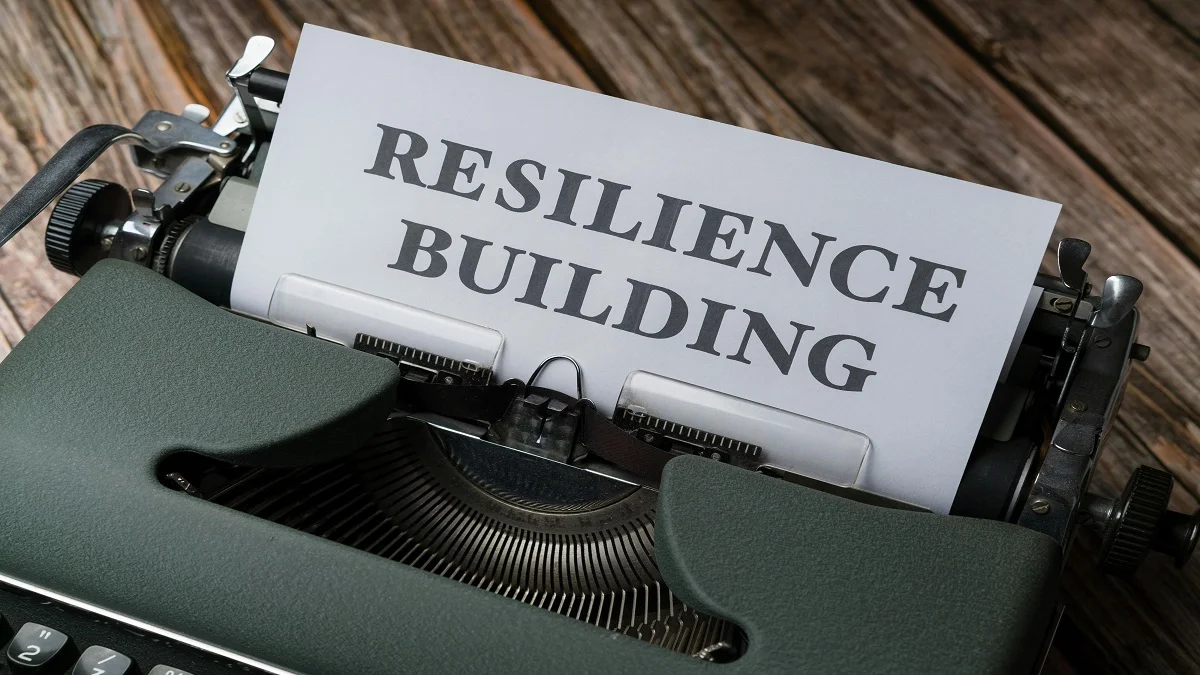The Growing Importance of Resilience
In an era of rapid technological progress, resilience has become more vital than ever, especially for the emerging Generation Z and Generation Alpha. As AI and smart technologies reshape lifestyles, expectations for seamless connectivity and robust experiences continue to rise. Organizations must recognize this shift and adapt their strategies to meet these evolving demands.
Why Resilience Is Non-Negotiable for Businesses
For today’s leaders, resilience is no longer optional—it’s a strategic necessity. Over the next few decades, Gen Z and Alpha will expect companies to deliver not just products and services, but experiences that are reliable, responsive, and capable of withstanding unexpected challenges.
Navigating a Complex Risk Landscape
Businesses must be prepared for a wide range of uncertainties:
- Geopolitical instability
- Climate change
- Global health crises
Resilience strategies must expand to address these threats, ensuring organizations can sustain operations and grow even in difficult conditions.
Building a Culture of Adaptability
Embedding resilience into the organizational culture is essential. This requires fostering an environment where adaptability, innovation, and continuous improvement are prioritized. Regulatory bodies are also increasingly mandating resilience planning, making it an integral part of corporate governance.
Looking Ahead: Meeting Generational Expectations
Resilience is no longer a visionary ideal but a practical requirement for navigating today’s complexities. Companies that invest in resilience will not only meet the demands of future generations but also secure sustainable, long-term success.




